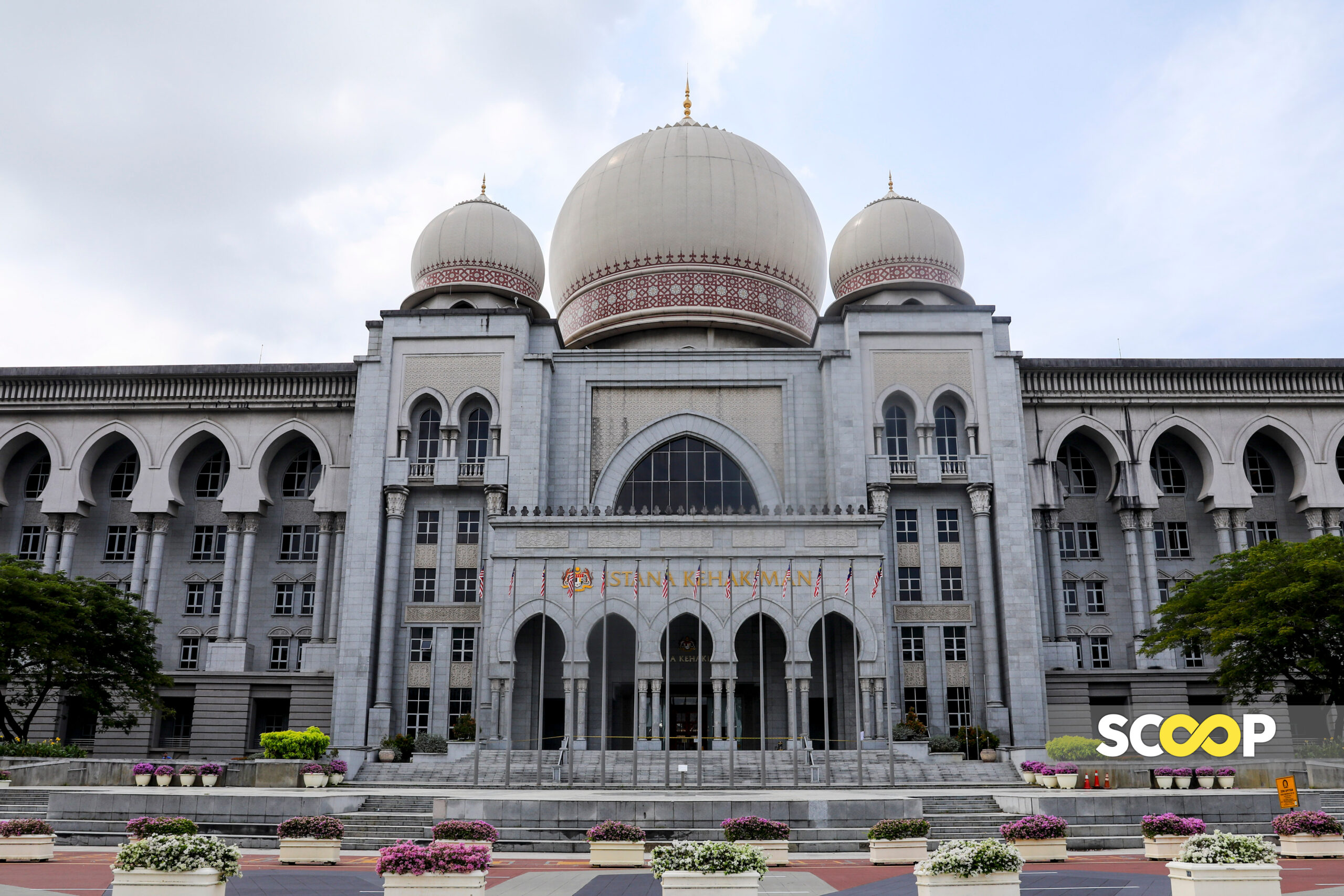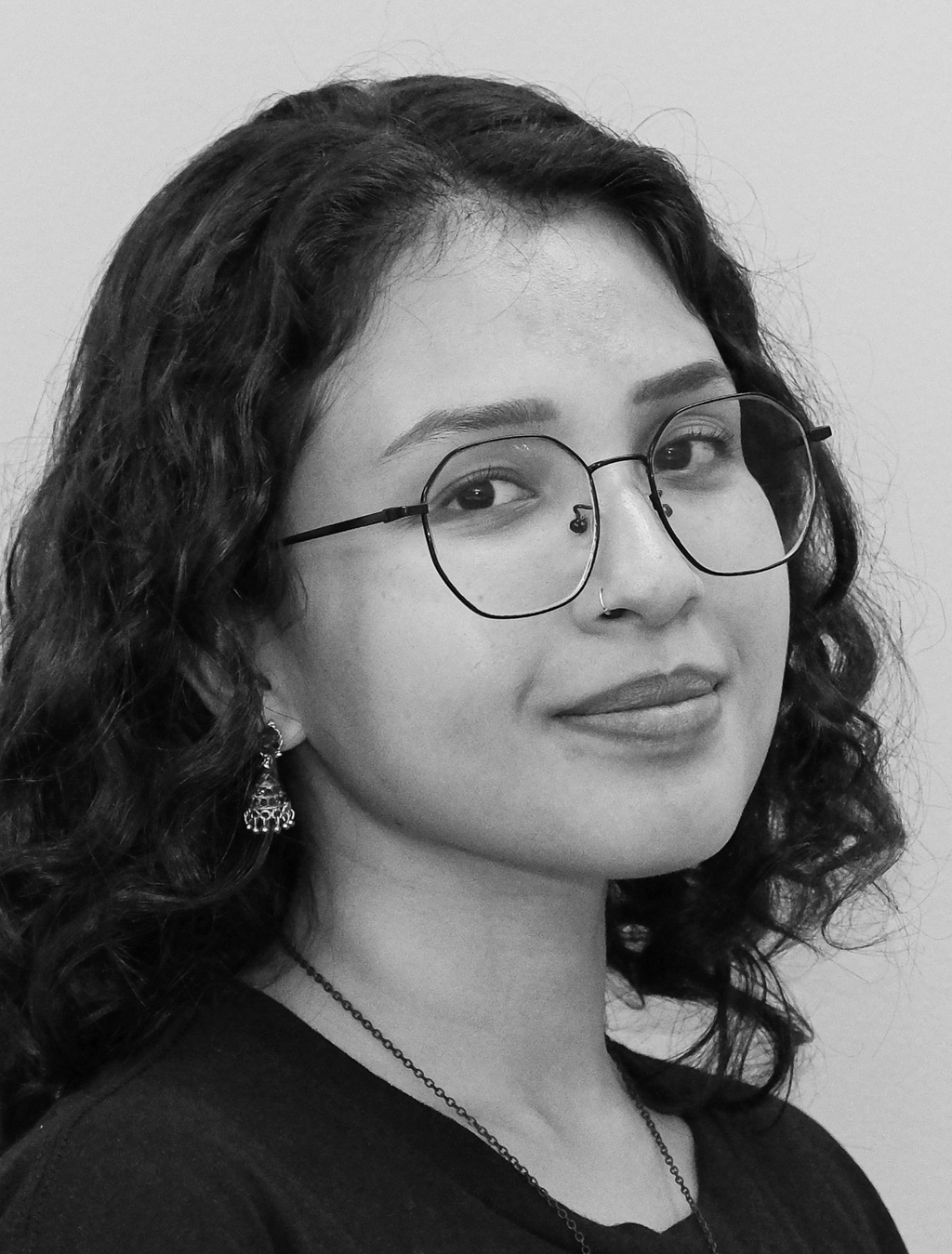KUALA LUMPUR – The Federal Court’s decision to reject a woman’s bid to nullify her status as a Muslim was based on contradictory evidence presented to the shariah and civil courts on the distinction between “never a Muslim” and “no longer a Muslim”.
In a summary of the majority view delivered by a three-member panel yesterday, Court of Appeal president Tan Sri Abang Iskandar Abang Hashim said that the 38-year-old woman’s argument of an invalid conversion when she was 5 does not necessarily factually prove she was never a Muslim.
The judge, who delivered the majority decision alongside judge Datuk Aku Bakar Jais while judge Datuk Mary Lim Thiam Suan dissented, referenced the landmark rulings in two other cases, involving M. Indira Gandhi and Rosliza Ibrahim.
The Indira case ruling, which is often hailed as a landmark decision reaffirming the civil courts’ constitutional role and powers, saw the Federal Court in 2018 quashing her former husband’s unilateral conversion of their three children to Islam without her knowledge or consent.
In the Rosliza case, the Federal Court in 2021 allowed her bid to be recognised as a non-Muslim after a nine-person bench unanimously found she was not a Muslim to begin with as there was no record of her mother converting to Islam or of her biological parents entering a Muslim marriage.
In the current case, Abang Iskandar said while the woman’s conversion at such a young age is “peculiar”, the court took her upbringing into consideration.
The name of the woman is being withheld to protect her privacy.
“It is our considered view that although (the woman’s) conversion at the age of 5 was invalid by virtue of Section 147 of the Administration of Muslim Law Enactment 1952, that invalidity does not mean ipso facto (by the fact itself) that she was never a Muslim in order for the case to be considered as an ab initio (from the beginning) case-category.”
Also, there was never any challenge on the validity of the woman’s conversion or the issuance of her conversion certificate, the judge said the woman had made a case of “no longer a Muslim” in the shariah courts.
“It was never the case then that her conversion was invalid. The existence of prior shariah court proceedings (and) the findings of facts made by the trial judge of the Kuala Lumpur Shariah High Court is an important factor that existed in this case and which was never present to be considered in ‘Rosliza’.
“The clear words employed in (the woman’s) pleadings cannot be understood any differently other than to mean that she was once already a Muslim, who now wishes to exit the Muslim religion.”
Abang Iskandar also highlighted how there were contradictions in the woman’s and her mother’s statements in the shariah and civil court on the woman’s profession of the religion and her upbringing.
He added that on the issue of parental consent, the Indira case ruling is inapplicable to the woman’s conversion in 1991 as she was placed in the care and custody of her Muslim-convert mother after her parents’ divorce around the same time.
“Having considered these facts in their entirety, and in context, we find that despite the impugned conversion, (the woman) was factually a Muslim since her childhood when she was legally in the care and custody of her mother.
“She was raised and brought up on the basis that she was a Muslim. We see no plausible reason (as to) why the definition of Muslim in Section 2 of the Administration of the Religion of Islam (State of Selangor) Enactment 2003 cannot be applied in defining the meaning of a Muslim.
“For as long as one professes the religion of Islam, one is legally identified as a Muslim irrespective of one’s degree of faith and practice of the Islamic teachings.”
In delivering her dissenting view yesterday, Lim, who was also part of the Federal Court panel which allowed Rosliza’s bid to be recognised as a non-Muslim, said the woman was not Muslim by birth and the validity of her conversion should be considered.
The woman was born in 1986 to a Hindu father and a Buddhist mother. Her parents were divorced in 1991, and her mother converted to Islam in 1991 to marry a Muslim man.
They were married in 1993 but her husband died in a motorcycle accident in 1996.
On December 12, 2013, the woman filed a summons at the Kuala Lumpur shariah high court for a declaration that she was no longer a Muslim, which was dismissed on July 20, 2017.
Her appeal against the ruling was thrown out by the shariah appellate court on August 1, 2017.
She then filed a civil suit at the high court seeking a declaration that she was not a person professing the religion of Islam, and named the Selangor Islamic Religious Council and the Selangor government as respondents.
On December 21, 2021, the Shah Alam High Court allowed her suit and declared she was not a Muslim.
However, on January 13, 2022, that decision was overturned by the Court of Appeal in a 2-1 decision. – May 4, 2024


